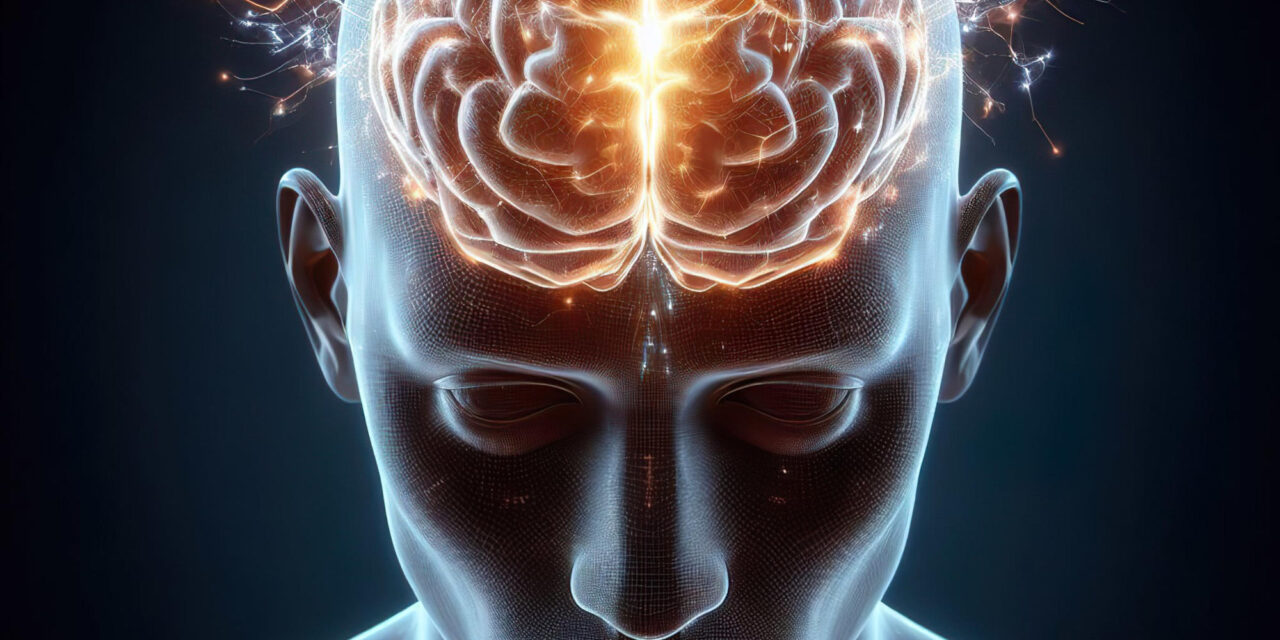Have you ever been told, “You don’t look your age!”? While it’s typically a compliment about your appearance, it turns out that our brains, too, can look older or younger—and artificial intelligence (AI) is helping scientists uncover why.
In a groundbreaking study, researchers at Karolinska Institutet in Sweden have made remarkable strides in understanding brain aging. By bridging the fields of AI and neuroscience, the team discovered that the key to maintaining a youthful brain may lie in the health of our blood vessels.
Why Brain Age Matters
Understanding brain aging is becoming increasingly crucial as the global population ages. In Sweden alone, over 20,000 new dementia patients are diagnosed each year, with Alzheimer’s disease accounting for about two-thirds of these cases. With such a growing concern, this research is offering valuable insights into how we might preserve cognitive health as we age.
The team’s innovative approach used AI to analyze brain images from 739 cognitively healthy 70-year-olds. The participants were primarily women, who made up just over half of the group. Using AI, the researchers developed a sophisticated algorithm that could estimate the biological age of a brain based on MRI scans.
“The algorithm is both accurate and robust, yet easy to use,” said Professor Eric Westman, the study’s lead investigator and Professor of Neurogeriatrics at Karolinska Institutet. While the tool is still in the research phase, the hope is to eventually apply it in clinical settings, particularly for dementia diagnosis and prevention.
Vascular Health and Brain Aging
One of the study’s most compelling findings is the connection between vascular health and brain age. Researchers discovered that certain conditions that harm blood vessels—such as diabetes, previous strokes, cerebral small vessel disease, and inflammation—were linked to brains that appeared older than the participant’s actual age.
“Factors that negatively affect blood vessels can also contribute to an older-appearing brain, showing how important it is to keep your blood vessels healthy,” said Anna Marseglia, the study’s lead author. “Maintaining stable blood glucose levels is one way to protect both your blood vessels and your brain.”
The Power of Lifestyle Choices
While the study highlighted risk factors, it also shed light on the importance of lifestyle choices. Regular exercise emerged as a significant factor linked to younger-looking brains, suggesting that staying physically active could help slow cognitive aging.
This finding is particularly hopeful as it shows that we have control over at least some aspects of our brain’s aging process. Although we cannot alter our genetics or prevent all diseases, healthy lifestyle choices such as exercise, a balanced diet, and vascular health management can make a difference in brain longevity.
Sex-Based Differences in Brain Aging
Interestingly, the study also found potential sex-based differences in brain aging. It seems that the factors influencing brain age differ between men and women, which could imply that the pathways to protecting brain resilience may not be the same for both sexes.
This discovery has prompted the team to launch further research. “Next year, we’ll study how social health factors, like engagement and support, along with sleep and stress, impact brain resilience, with a focus on women’s health,” said Marseglia.
Boosting Brain Resilience
The timing of this research is especially significant. With the recent approval of new Alzheimer’s drugs, it’s clear that these treatments may not work for all patients. “We aim to explore what factors can help boost the brain’s resilience against aging and neurodegenerative processes,” Marseglia explained.
Preventing brain aging and promoting resilience are becoming essential focuses for future research, as they provide a potential first-line defense against accelerated cognitive decline.
Practical Steps for Brain Health
The study offers several practical recommendations for maintaining brain health:
- Maintain stable blood glucose levels through diet and regular check-ups
- Engage in regular physical activity to keep your brain youthful
- Control inflammation with proper diet and lifestyle choices
- Pay attention to vascular health with regular medical exams
- Consider gender-specific factors in brain health maintenance
The Future of Brain Age Research
Looking ahead, the research team plans to explore additional factors such as social health, sleep, and stress, which will further expand our understanding of how to protect cognitive health as we age. These insights could lead to more personalized approaches to brain health, tailored to an individual’s unique needs.
With the global population aging, understanding how and why our brains age is more critical than ever. This new study from Karolinska Institutet not only provides essential insights into the factors that influence brain age but also offers hope that by prioritizing vascular health and making thoughtful lifestyle choices, we can keep our brains resilient and youthful for longer.
For now, the takeaway is clear: maintaining healthy blood vessels isn’t just good for your heart—it’s essential for keeping your brain young.
The study was published in Alzheimer’s & Dementia: The Journal of the Alzheimer’s Association.











